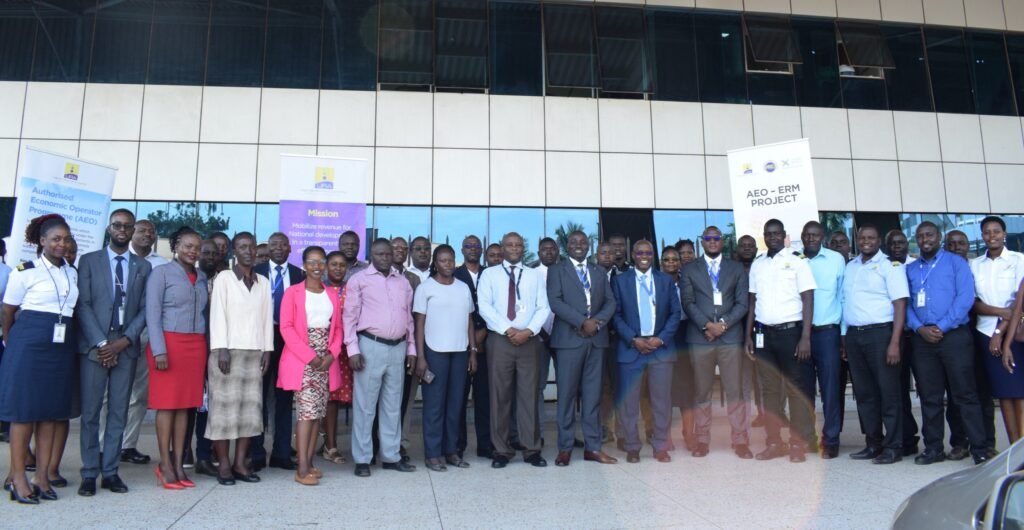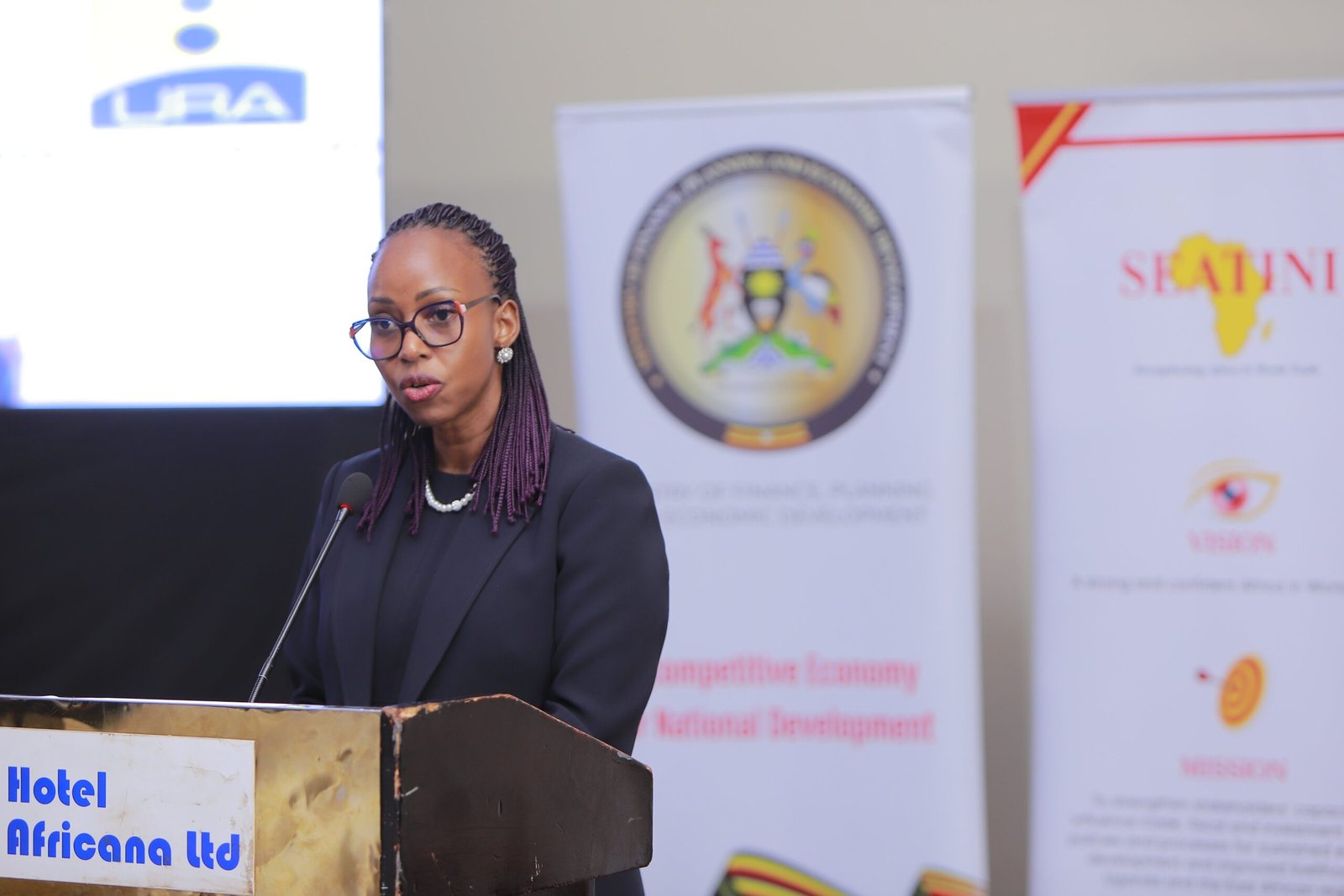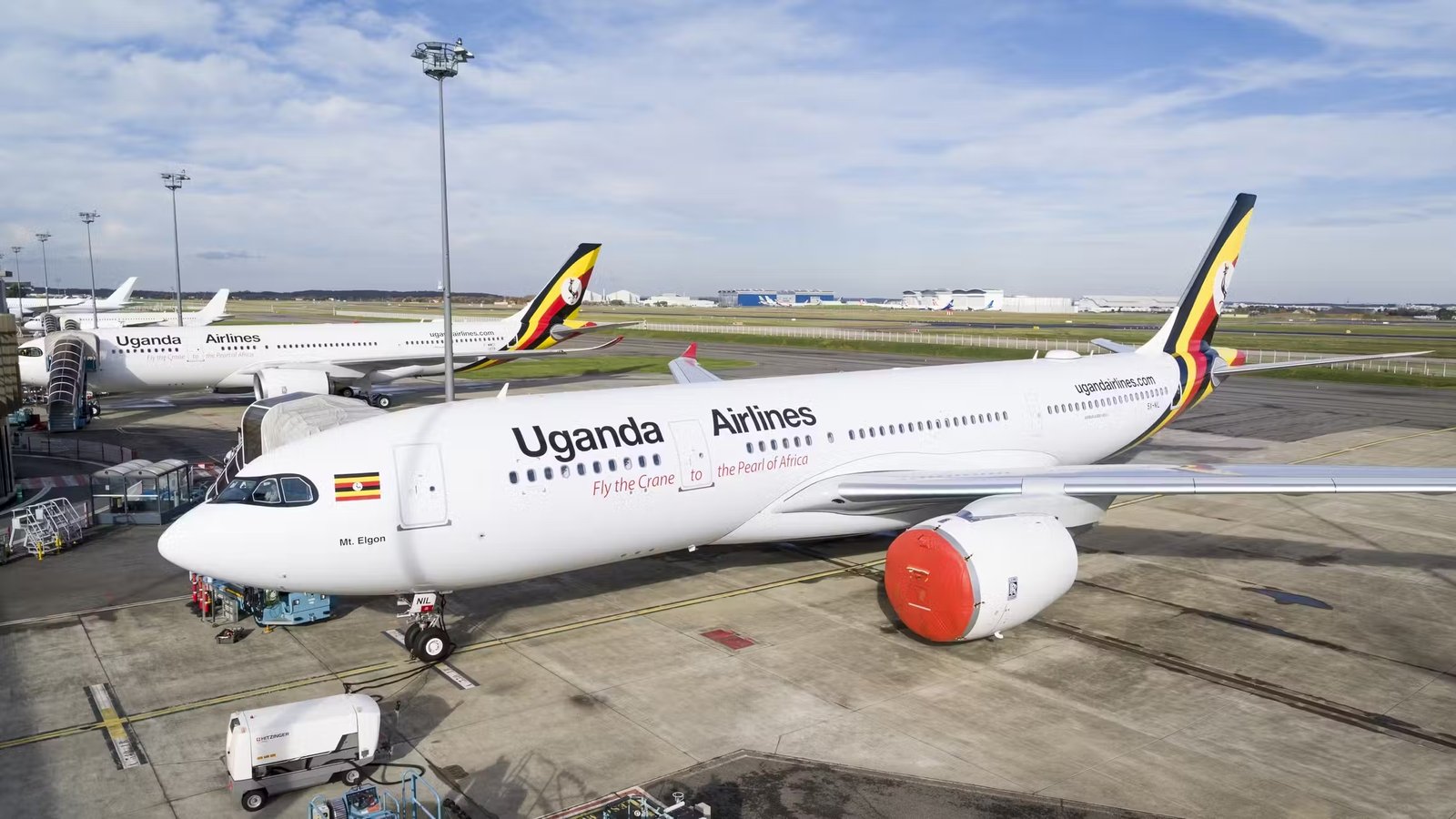The URA has pledged to bolster its tax administration efforts to achieve its revenue target of UGX 31.98 trillion for the 2024/25 financial year.
Speaking at the East African Community post Budget Dialogue held at Hotel Africana, Catherine Donovan, the URA Commissioner Legal Services acknowledged that collecting revenue to fund the substantial part of UGX 72.136 trillion national budget is a daunting task.
“URA is faced with an uphill task of collecting revenue, which is not an easy, but it is feasible and achievable through working with diverse perspectives including policymakers, traders, business communities and industry leaders,” Kyokunda said.
Kyokunda however, expressed confidence in URA’s ability to enhance tax administration, expand the tax base and improve compliance to achieve the target.
She explained that URA’s key priority areas include; introducing new tax measures and improving efficiency in revenue collection through continuous tax sensitisations.
The authority’s efforts aim to ensure to ensure significant contribution to the national budget, funding critical public services and development projects.
Kyokunda’s remarks underscore URA’s commitment to robust tax administration, crucial to Uganda’s economic growth and development.

On the other hand, the First Deputy Prime Minister and Minister of East African Community Affairs, Rt. Hon. Rebecca Kadaga emphasized that taxation is the lifeblood of government, providing essential funds for infrastructure development and social welfare programs.
She also stressed the importance of creating a conducive environment that fosters investments and promotes economic development.
“We must create a tax environment that encourages investment, supports business development and ensures that the budget is fairly distributed among all segments of society,” she said.
The Director of Economic Affairs from the Ministry of Finance, Planning and Economic Development, Moses Kaggwa noted that the Ministry will embrace opportunities to dialogue with Civil Society and the wider citizenry to increase participation in policy formulation




